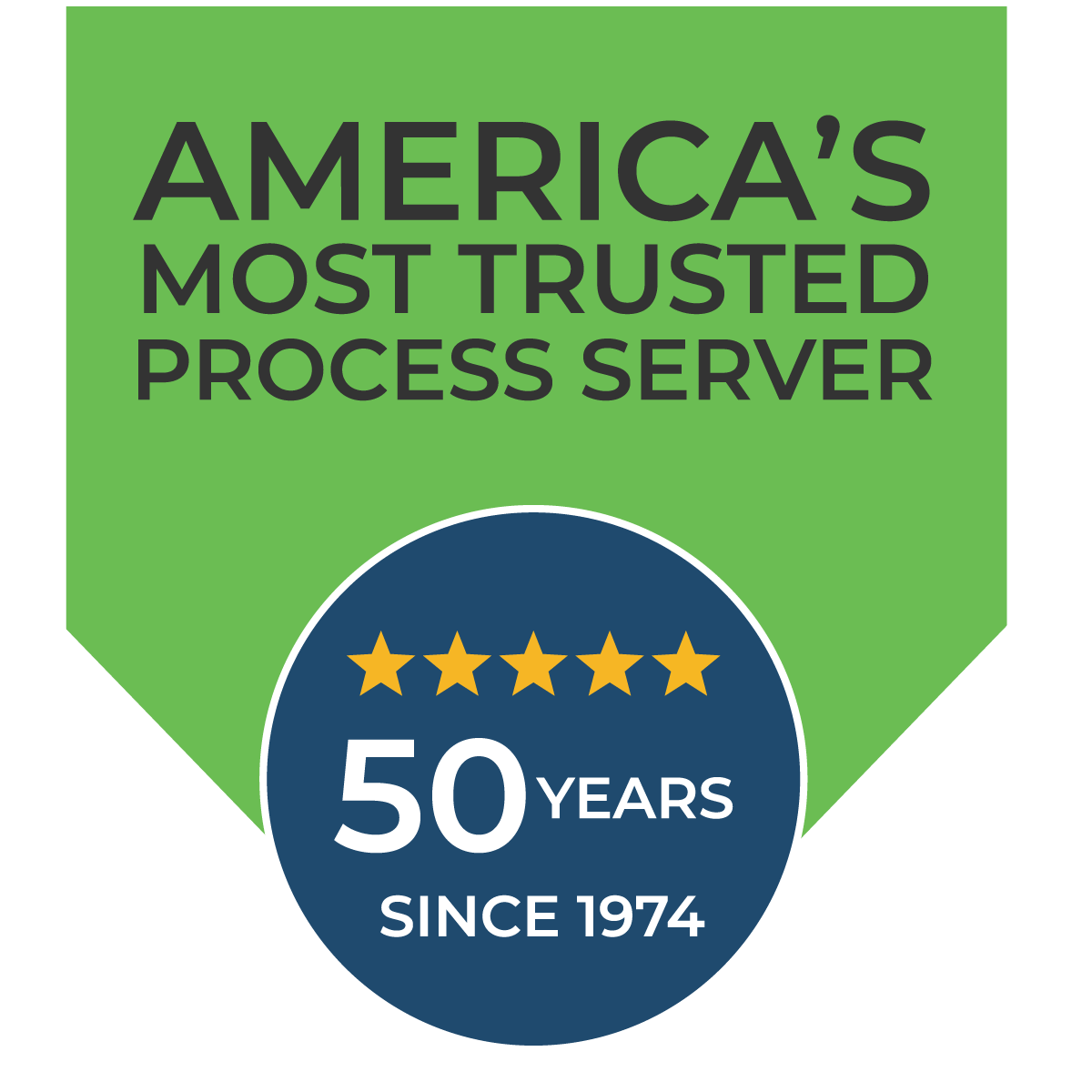The financial strain from the global pandemic is showing no sign of letting up as we approach fall and the traditional ‘flu season’. As the country’s GDP shrank by 32.9% in the second quarter alone, the financial consequences are beginning to unravel for businesses. From the small coffee shop and gym around the corner to mega-corporations such as Hertz, Chesapeake Energy and Tailored Brands, the stage is set for Chapter 11 bankruptcies to accelerate. The shift to remote work, along with unprecedented global quarantines, staggering demand and global shutdowns have decimated company profits this year. In turn this has burdened businesses large and small with a massive amount of debt. So much so, that business debt payments are beginning to show signs of default.
According to a recent article published at bloomberg.com on August 11, 2020 by Madeline Ngo, “Big companies are going bankrupt at a record pace, but that’s only part of the carnage. By some accounts, small businesses are disappearing by the thousands amid the COVID-19 pandemic, and the drag on the economy from these failures could be huge.
What is Happening with Business Debt?
Financial experts are pointing to a significant indication provided by creditreform.com, an international “expert network” for credit reporting and debt collection services, which cites an increase in the amount of outstanding invoices being “paid late” - a warning indicator that multiple companies are showing signs of low cash reserves. According to this study, “the payment behavior of companies is currently worse than ever since the survey began in summer 2015”, and continues by warning of a chain reaction in regards to corporate debt.
How are Small Businesses Managing Debt?
According to the same article at bloomberg.com by Madeline Ngo “Yelp Inc., the online reviewer, has data showing more than 80,000 permanently shuttered [small businesses] from March 1 to July 25. About 60,000 were local businesses, or firms with fewer than five locations. About 800 small businesses did indeed file for Chapter 11 bankruptcy from mid-February to July 31, according to the American Bankruptcy Institute, and the trade group expects the 2020 total could be up 36% from last year”.
While companies with fewer than 500 employees account for 44% of U.S. economic activity, they employ almost half of all American workers, according to a U.S. Small Business Administration report. These business owners traditionally operate on lower cash reserves. Chapter 11 can offer them some debt protection, but it cannot generate much needed cash-flow to keep operating. Often businesses that declare bankruptcy have a higher likelihood of being denied a loan, squashing any hopes of successful recovery. Many financial institutions and experts have agreed sweeping legislative action regarding small business loans and debt is imperative to the economic recovery from the COVID-19 pandemic.
The Feds Weigh In
In May of this year, the Federal Reserve commenced a historic intervention into a market that sits “traditionally outside of the central bank’s influence”. These purchases by the Federal Reserve were aimed at supporting the flow of credit for corporations, helping them survive the financial storm created by the COVID-19 pandemic. The reason for this unprecedented intervention surrounds how larger businesses manage debt--often by relying on corporate bond markets to borrow money during a crisis, not banks.
The Rate of Corporate Debt is Growing
The feds have shown signs of conservative precaution as they make their maiden-voyage into the U.S. corporate bond market. According to an article posted at bloomberg.com by Joy Wiltermuth on August 11th of this year, the Feds have only absorbed $3.6 billion worth of corporate debt by the end of July, “only a smidge of its total $750 billion corporate debt-buying capacity”.
While investment-grade companies have issued a record $1.3 trillion plus of U.S. denominated debt, an increase of approximately 80% over last year as cited in the same article by Joy Wiltermuth via bloomberg.com, researchers at the New York Fed have stated “concern” over the lack of cash-flow at public U.S. companies. As the pandemic is weighing heavily on the issue of corporate debt, expect more relevance from financial reports in October, as third-quarter earnings reports start to trickle in.
Unprecedented Debt
As the flotsam and jetsam of the COVID-19 pandemic continue to surface in global financial markets, the issue of corporate debt will continue to weigh heavily on large and small companies alike. With more and more company bankruptcies expected to be filed, and business continuing to close, the impacts will be felt from Main Street to Wall Street. Financial markets will likely need to absorb more debt, legislators will need to resolve their eternal ‘battle of wills’ and the tip-toeing of the Fed’s into historically unfamiliar territory will need to continue. (cue the aliens) If 2020 were to have one word, it’s unprecedented. Like it or not, debt is a mandatory part of the modern world, and managing it through this pandemic will have lasting impacts for generations to come.
About ABC Legal Services
ABC Legal is the nation’s leading service of process and court filing company and is the official process server to the U.S. Department of Justice. Docketly is a subsidiary of ABC Legal, providing appearance counsel on a digital, custom-built platform that smoothly integrates with our applications and services. ABC Legal’s applications are cloud-based and compatible for use on desktop, browser, and smartphones. Our solutions and digital approach ensure process server partners, law firm customers, and their clients save valuable time and resources when serving legal notices safely and with maximum compliance, control, and transparency. ABC Legal is based in Seattle, WA, with more than 2,000 process servers throughout the U.S., as well as internationally in more than 75 countries. To learn more about ABC Legal, our solutions, and subsidiary company Docketly, visit www.abclegal.com.
Written by
ABC Legal ServicesService made simple—down the road and across the country. Join the 50,000+ professionals who trust ABC Legal for service of process.






